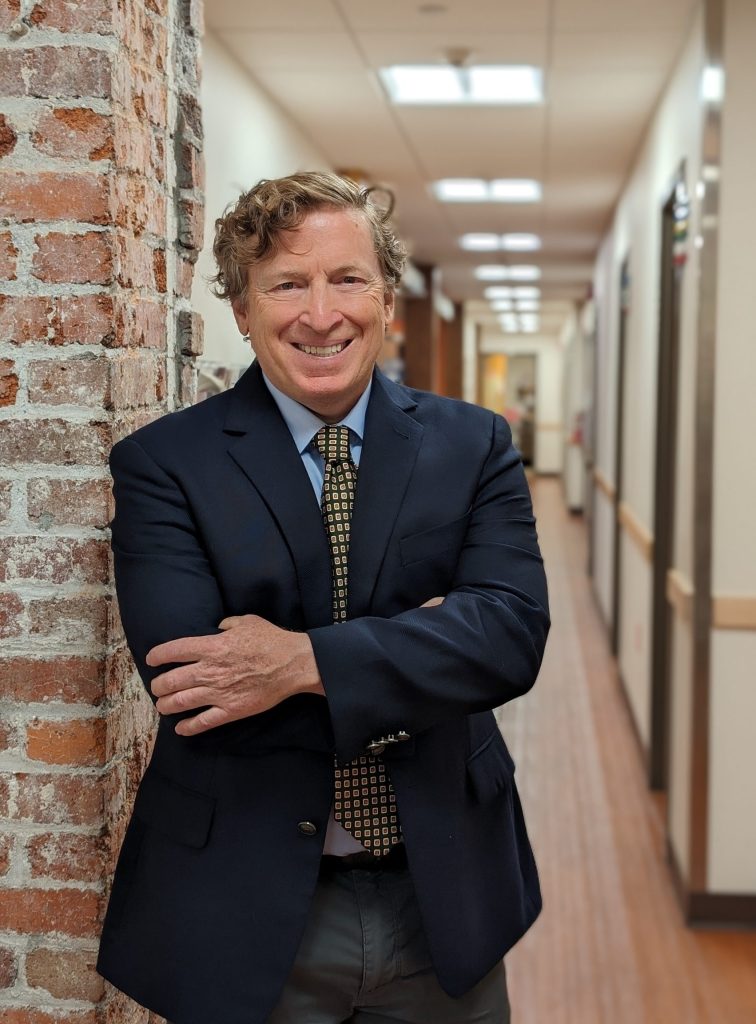By Dr. James Quirk, MD. Chief Medical Officer at Partnership Health Center

The need for compassionate and effective approaches to mental health crisis intervention has never been more pressing. In Missoula, an innovative response to this need, The Mobile Support Team (MST), has emerged as a benchmark for mental health crisis interventions in our region.
When someone in Missoula calls 9-1-1 with a concern about a low-risk behavioral health issue, the Missoula Mobile Support Team (MST) springs into action. Comprised of a licensed mental health clinician, an emergency medical technician (EMT) and a case facilitator, the MST responds alongside law enforcement to provide immediate on-site support. This collaborative approach aims to de-escalate situations, preventing unnecessary hospitalizations or law enforcement encounters.
Launched in the fall of 2020, the Missoula Mobile Support Team (MST) is a joint effort between the City of Missoula Fire Department and Partnership Health Center (PHC). Its primary aim is to divert individuals with low-risk behavioral health issues away from jails and hospital emergency departments. Working alongside the Crisis Intervention Team (CIT), MST seeks to provide timely and appropriate care to those facing urgent behavioral health needs. This right-sized response lightens the strain on first responders by reducing arrests and emergency room visits related to behavioral health crises.
MST operates on a fundamental principle: meet individuals in crisis where they are, physically and emotionally. This approach emphasizes understanding and responding to the complex needs of those in distress with empathy, respect, and professionalism.
After the crisis response, MST staff provide ongoing case management and support services to ensure individuals have access to the resources needed for recovery and stability. This comprehensive approach is crucial for improving mental health outcomes and fostering a healthier, more resilient community.
The success of the MST program is largely attributable to the collaboration between the Missoula City Fire Department and PHC – two teams with distinct but complimentary skill sets. Their combined expertise ensures that needs are promptly addressed with the right care for the specific circumstances of the individual in need of support. This collaboration exemplifies how interdisciplinary teamwork can lead to innovative solutions that benefit our entire community.
Investing in innovative services like MST is crucial for addressing the complex challenges of mental health crises. By supporting such initiatives, we not only improve immediate outcomes but also contribute to the long-term well-being of our community. The MST program has attracted regional attention, offering a model for other communities seeking to enhance their response to mental health crises.
As we move forward, let us remain steadfast in our commitment to innovative responses to complex challenges. The MST services as proof that collaboration and compassion are key ingredients for improved outcomes, reduced overall cost, and ultimately, a stronger community.

